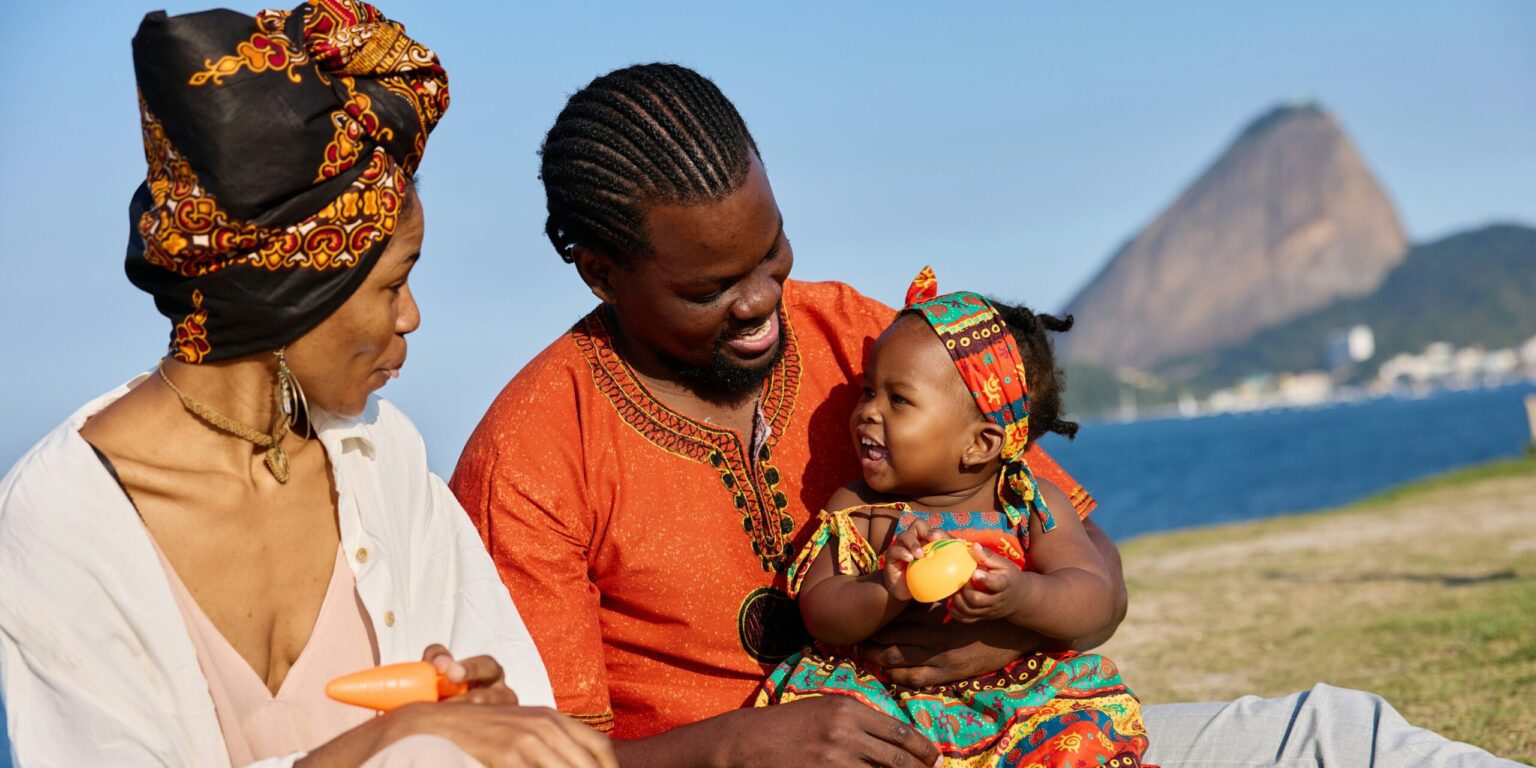July 11 marked the annual observance of World Population Day, established by the United Nations in 1989 to spotlight challenges related to population dynamics, reproductive rights, maternal health, and gender equality. This year, against a backdrop of global shifts—nearing 8.2 billion people and declining fertility rates—the UN’s theme focused on “Empowering young people to create the families they want in a fair and hopeful world.”
Recent UNFPA findings reveal that a significant portion of young adults wish to start or grow their families but encounter barriers such as financial instability, housing insecurity, limited childcare, economic hesitation, climate-related fears, and insufficient access to reproductive healthcare. UN Secretary‑General António Guterres emphasized that this year’s theme echoes the commitments made in 1994 to ensure every person’s right to make informed decisions about their life and future.
On the ground, events unfolded worldwide to advance these themes. In Madurai, India, a large rally brought together health officials, students, and local leaders to advocate for family planning and the prevention of child marriage. Similar efforts in Odisha saw the launch of a “Population Stabilization Fortnight,” promoting maternal healthcare and gender equality. In Shanghai, UNFPA hosted high-level discussions on youth empowerment in the context of changing demographic policies, marking the 35th anniversary of the observance.
These initiatives reflect the diverse approaches being used to address population-related challenges, especially reproductive autonomy. The global community faces the twin realities of rapid population growth in some regions and shrinking birth rates in others. Fertility rates in many parts of the world are declining—not solely by choice, but also due to economic and systemic pressures that limit reproductive freedom. This has led to growing concerns over what some experts term a “crisis in reproductive agency.”
Maternal health remains a critical concern globally. Between 2000 and 2023, maternal deaths dropped by 40 percent. However, this progress has largely stalled since 2016, with an estimated 260,000 women still dying annually due to complications from pregnancy and childbirth. The World Health Organization has warned that reductions in health aid, especially in areas affected by conflict, could have devastating effects on maternal mortality rates.
To address these challenges, global development efforts continue to emphasize universal access to reproductive health services, a key target under Sustainable Development Goal 3.7. This includes ensuring availability of modern contraceptives, fertility counseling, and prenatal care. In tandem, SDG 3.1 calls for reducing the global maternal mortality ratio to fewer than 70 deaths per 100,000 live births by 2030—goals that require sustained investment in skilled birth attendants, emergency care, and health infrastructure.
Youth empowerment remains central to these efforts. Ensuring that young people can pursue their family aspirations means tackling broader social issues such as childcare affordability, housing access, and economic insecurity. These, along with reproductive rights, are critical to fostering long-term population stability and individual well-being.
Gender equity and education also play a pivotal role. Strengthening women’s access to education, legal rights, and healthcare builds the foundation for informed family planning and sustainable societal growth. Policy sensitivity to regional demographic realities is also key. For instance, India has begun implementing differentiated population policies across its states, recognizing that strategies must be tailored rather than universal.
World Population Day is not merely a symbolic observance; it serves as a call to action for governments, civil society, and international bodies to prioritize reproductive and maternal health. It highlights the urgent need to protect reproductive agency, ensure health equity, and align population strategies with the lived realities of diverse communities.
As fertility rates fall and populations age in many parts of the world, the message from July 11 was clear: young people must be supported with the tools, rights, and environments they need to make meaningful choices about their futures. Empowerment through access, policy, and education is vital—not just for individuals, but for the sustainable future of global societies.
